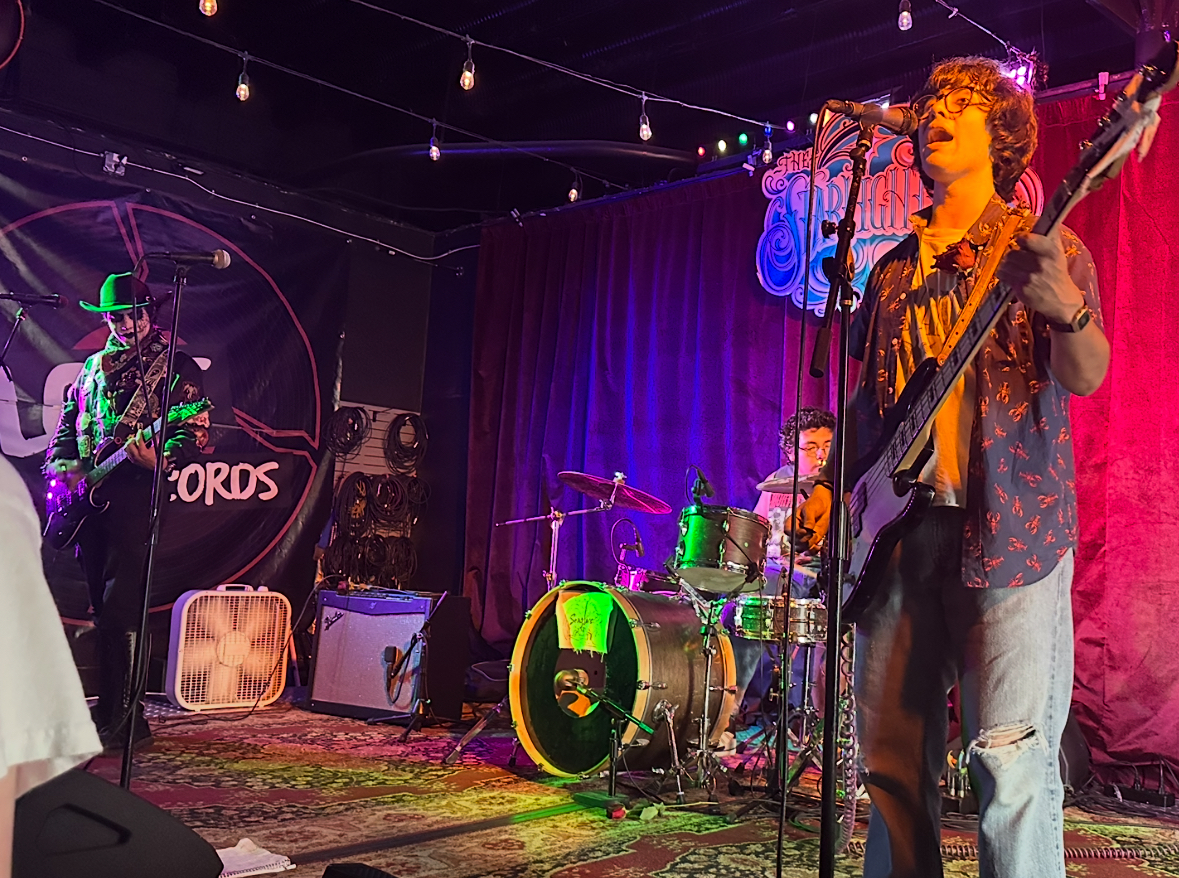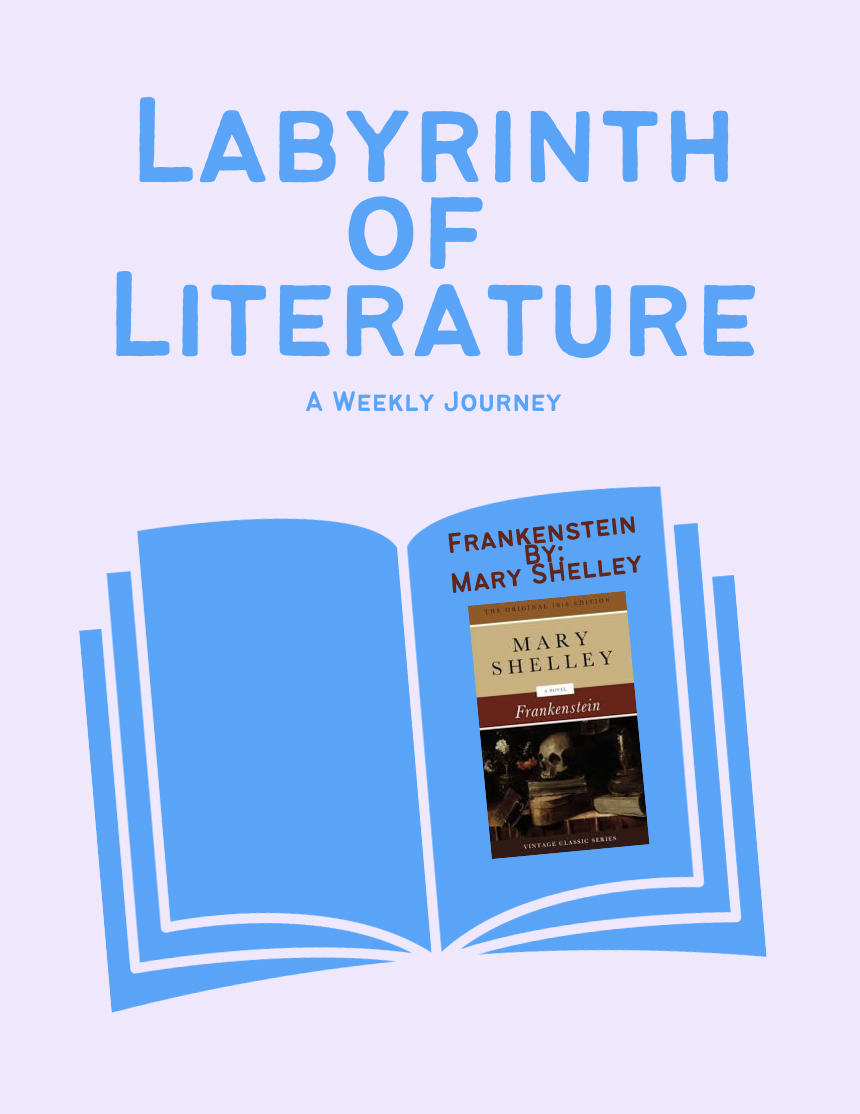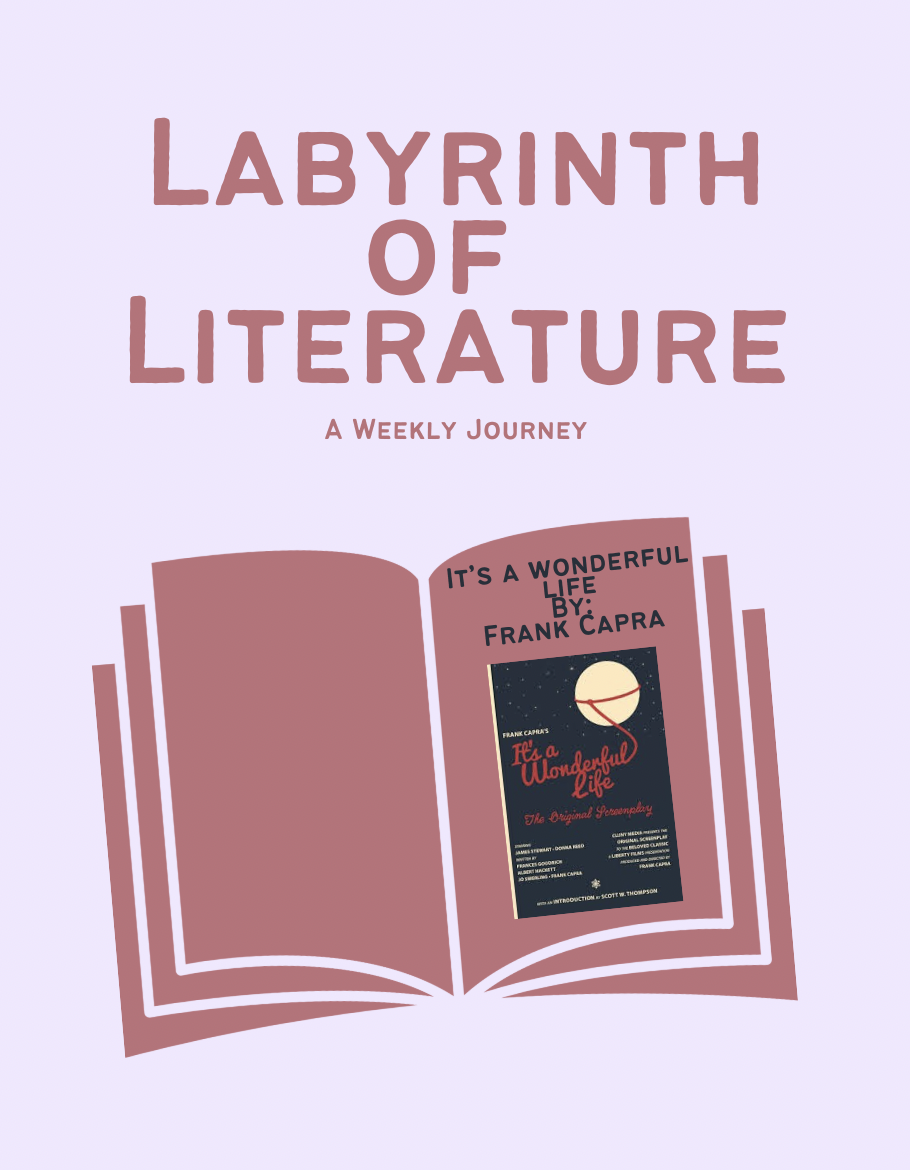In 1818, the first science-fiction novel was created by historical writer Mary Shelley. Inspired by Shelley’s life, this work raises moral questions of life and death and man versus nature. Over the past two centuries, readers have come to truly understand the thought-provoking details and complexities of the creepy classic, Frankenstein.
Not only was this Shelley’s most successful novel, but it was the most influenced and inspired by the traumas of her own life. Just ten days after her birth, Shelley’s mother passed away from puerperal fever. Though Shelley got pregnant five times in her life, only one of her children made it to adulthood since the rest passed from either miscarriage or prematurity. Shelley’s husband, who was also involved with other women during their marriage, passed away before the writing of Frankenstein in a tragic sailing accident.
Since Shelley had experienced so much death throughout her life, in a competition with other writers in seeing who wrote the best horror story, Shelley put together this masterpiece of her own, where the protagonist, Victor Frankenstein, grows to become an driven scientist that in his young adult years, grows obsessed with his studies and project of bringing a being to life just with the use of old body parts, strange chemicals, and apparently, the “secret of life”, that he discovers on his own. This likely came to mind for Shelley since most of her children didn’t live the way she hoped due to health complications, and there would be a great impact made by the person that could bring one to life through methods of science, however Victor’s act of “playing God” comes back to haunt him in the future.
Before Victor’s “life experiment,” the audience gets an insight to what Victor’s childhood was like in Geneva. As a child, Victor spent much time growing up with his cousin Elizabeth from the age of four. They grow a deep, loving bond for one another, and the family admires Elizabeth in all of her gentile beauty. Victor also starts a long-lasting friendship with Henry Clerval, one of his schoolmates that sticks with him as a lifelong friend. Victor grew up with lovely parents by his side, but unfortunately, right before Victor’s anticipated departure to Ingolstadt for college, his mother passes away due to Scarlet fever, and her dying wish is for Victor and Elizabeth to marry, and find happiness together. They end up keeping this promise to the mother, marrying later on.
Though pop culture brought on the belief that the monster’s name was “Frankenstein,” Victor never actually chooses a name for his creation, he is only referred to as “creature”, “fiend”, “spectre”, “demon”, etc. Once the creature is complete, and brought to life, Victor is terrified and disgusted by its appearance as the creature has an intimidatingly large stature, dull yellow eye, and yellow-translucent skin. Victor is then sick for days, and abandons the creature entirely.
While the creature is on his own he frighteningly wanders the woods, visiting a village he is intrigued by, but the people there are horrified by his appearance as well, scaring him away. The monster then stumbles upon a hovel near a cottage, where he stays hidden and watches a family known as the DeLaceys, who help him learn to communicate, treat others kindly, and read. Eventually, the monster introduces himself to the DeLaceys, but out of fear, they reject him and abandon their cottage. Feeling betrayed, the creature sets the cottage on fire, and goes on a hunt to Geneva in search of Victor.
When the creature returns to Geneva, the real complications begin to occur. The creature ends up discovering William Frankenstein along the way, and ends up strangling the boy to death. The creature frames Justine Moritz, a servant to the Frankensteins, so he can get away with the murder, and Justine, being a female servant of lower status, is found guilty in court and sentenced to death.
This makes Victor increasingly melancholy since he feels responsible after having abandoned the creature in the first place as a result of these unraveling events. After Victor is told this whole story by the creature, the creature asks Victor for the creation of a female mate to keep him from feeling lonely any longer, and though Victor eventually agrees and starts the task, before the female creature is complete, Victor destroys it out of disgust and fear of the harm the creature may be planning to cause with this female companion.
Victor disposes of the female parts in the ocean, and once Victor returns to land, he discovers that he is under suspicion for a recent murder. The witnesses that testify against Victor claim that they found a boat closely resembling Victor’s the night that the body was found. The town magistrate, Mr. Kirwin brings Victor to see the body, just to observe if he has any reaction that would possibly indicate if Victor were the murderer or not, and Victor reacts with horror, as the murdered victim was his best friend, Henry Clerval. Victor could see that this was the doing of the monster because of the black marks from his hands around Henry’s neck. Victor gets ill once again in response, and remains sick in prison for the next two months.
Victor’s father comes and stays to visit him until Victor is sent to trial, and is then found innocent due to nothing but circumstantial evidence being held against him. They then head home and Victor gets married to Elizabeth. As they spend the night together, Victor remembers what the creature told him after destroying the female creature, that he will be “with him on his wedding night.” Victor sends Elizabeth to bed for the night, and starts searching for the monster, armed with a weapon. During Victor’s search, he hears a loud scream come from Elizabeth, and returns to the bedroom to find her dead, at the hands of the monster.
Devastated by this news, Victor returns home to tell his father, who ends up passing away a few days later. Hurt by the deaths of all those around him that he cared for, Victor dedicates his life to finding the monster, and bringing this mischief to an end once in for all. Victor chases him down for months, to the point of extreme exhaustion. During this quest, having now traveled into the icy North, Victor meets Walton, an explorer. Victor asks Walton the favor of avenging the life of the monster if Victor is unsuccessful in this pursuit.
Expectedly, Victor ends up passing away on the ship, and the creature who is present, at the sight of his dead creator’s body, expresses his regrets towards having become an instrument of evil. The narrative ends with the creature saying he will go take his own life since his creator, the only person he had a true relationship with, has passed away.
Through this tragic tale’s complexities and impacts made by even the most minor characters, Shelley’s time and effort towards this story was a great investment. Daughter of original feminist Mary Wollstonecraft, and political philosopher William Godwin, Mary Shelley’s innovative mind brought her well beyond the century she lived in, and has her books being bought off the shelves to this day.

























